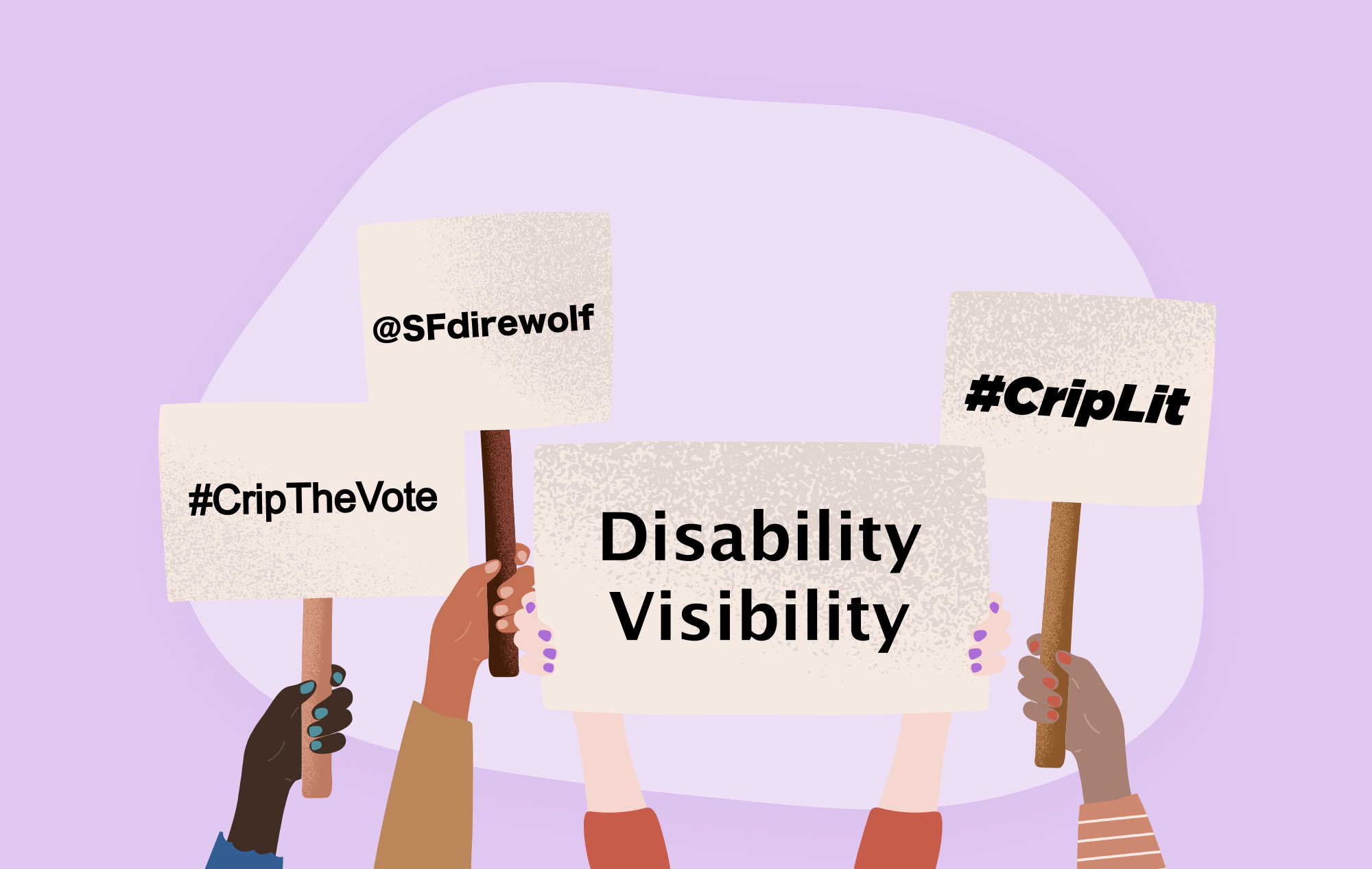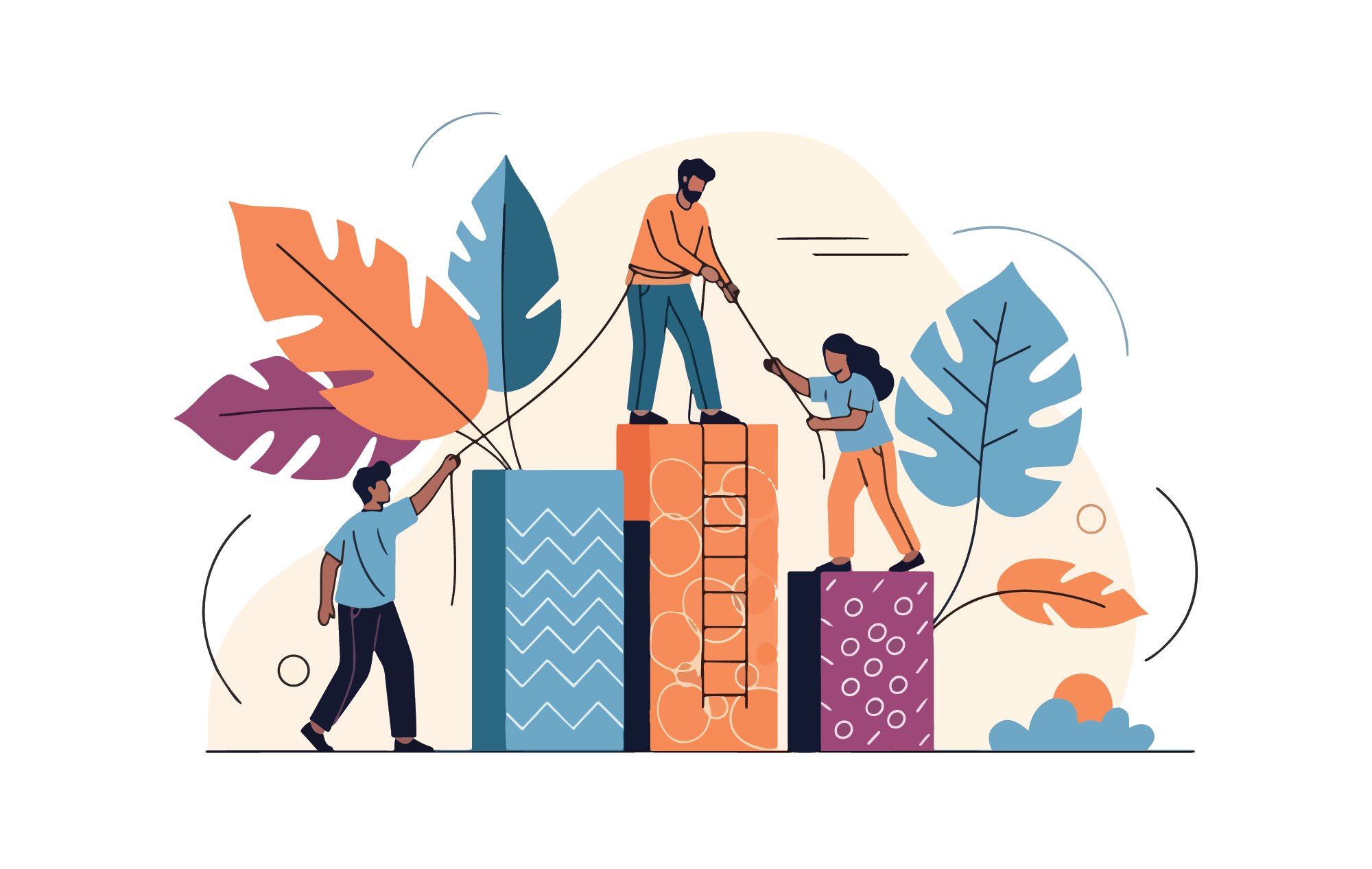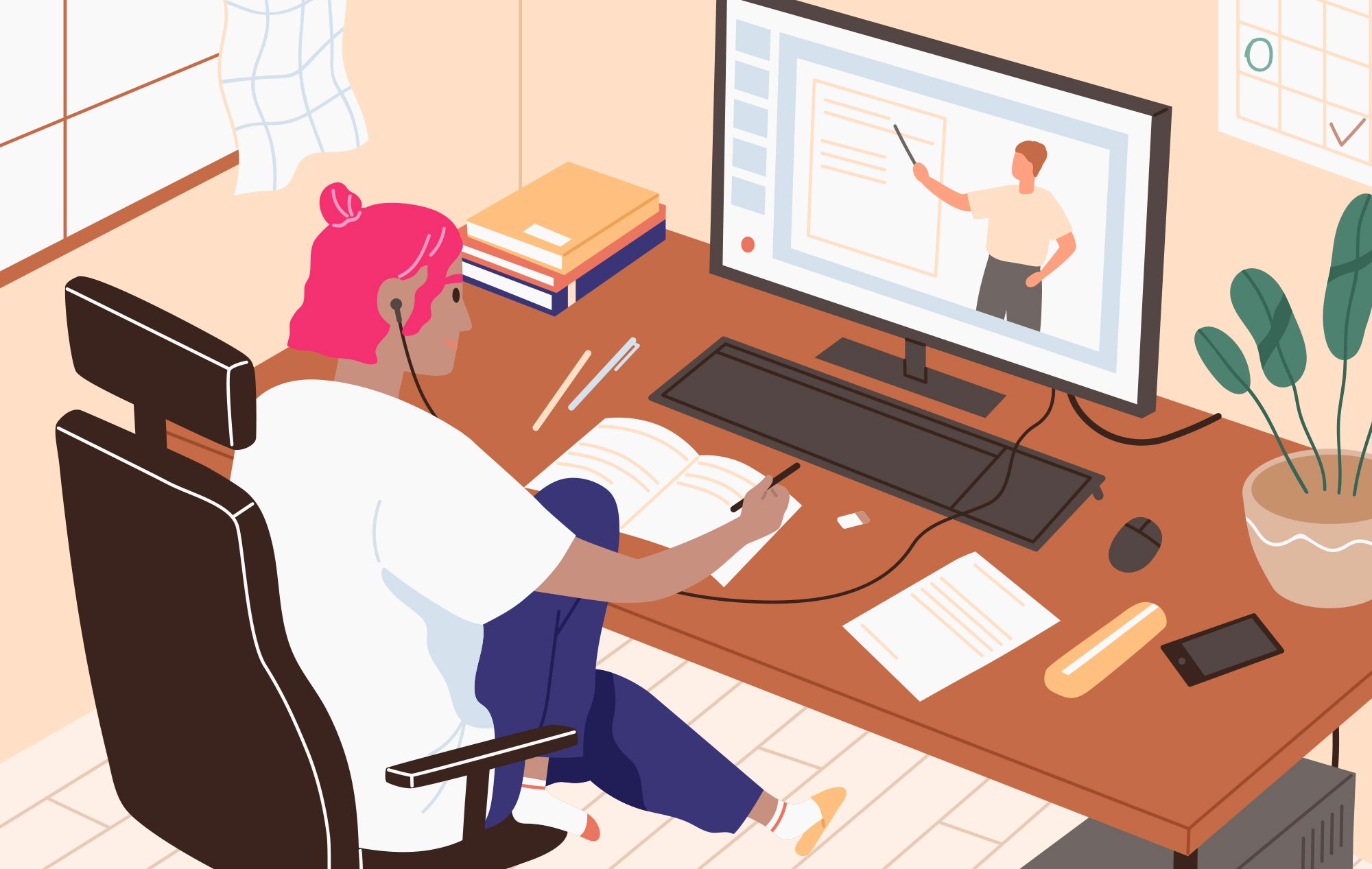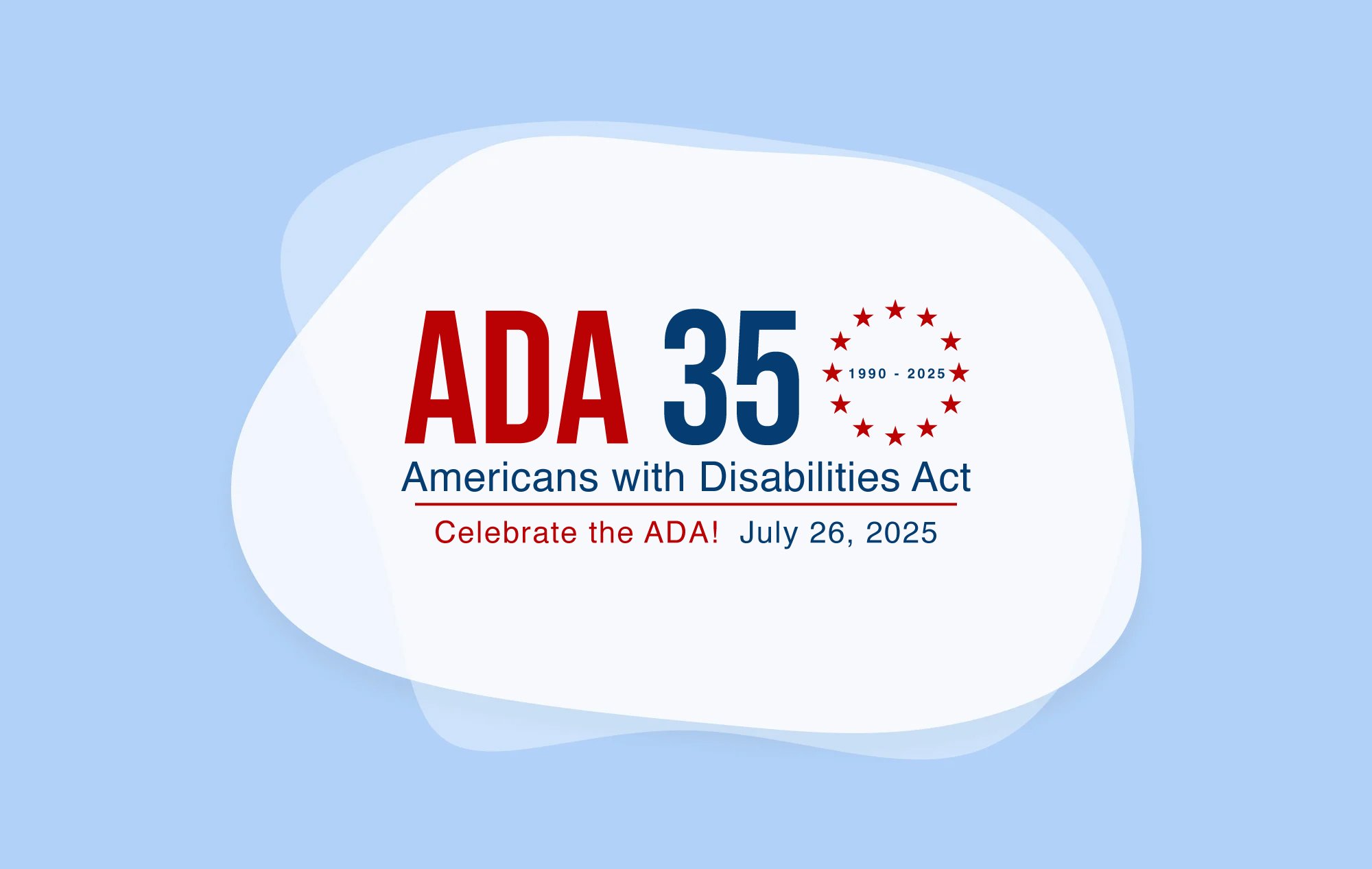As a Chinese American who uses a Bilevel Positive Airway Pressure (BiPAP) machine and power wheelchair due to a neuromuscular disability, Alice Wong grew up struggling to feel comfortable in her skin.
“I was almost always the one physically disabled kid in the classroom, and almost always one of maybe just a few Asian Americans,” Wong told HuffPost. “So there were never any spaces that reflected me.”
After learning more about disabled history and the works of disabled scholars, Wong pursued a career in disability advocacy with a focus on intersectionality to help others flourish in a world that’s not built with them in mind.
More than one billion people around the world live with a disability. While these individuals make up roughly 15 percent of the total population, they are often overlooked or treated as expendable. Wong aims to increase visibility through her activism, media creation, and consultancy services. In 2014, she founded the Disability Visibility Project and currently serves as its director. This online community focuses on amplifying, sharing, and creating disability culture through media. The site publishes original essays, hosts presentations and Twitter chats, and encourages individuals with disabilities to record oral histories, which can be archived at the Library of Congress.
Wong is also a co-partner in DisabledWriters.com, which connects editors and journalists with disabled writers, journalists, and sources; #CripLit, a hashtag for disabled writers to chat; #CripTheVote, which encourages political participation of disabled individuals; and Access Is Love, which promotes accessibility. In addition, Wong’s work has been published in the New York Times, Vox, and other major outlets, and she is the editor of Disability Visibility: First-Person Stories from the Twenty-First Century, an anthology of essays by disabled people that sheds light on their diverse experiences. She also hosted the Disability Visibility podcast, which ran for 100 episodes.
In recognition of her work, Wong, who lives in San Francisco, received the Mayor’s Disability Council Beacon Award in 2010, the Disability Service Award by the University of California, San Francisco (UCSF) in 2011, the 2016 AAPD Paul G. Hearne Leadership Award, and the Indiana University Bicentennial Medal. She was named one of 16 people fighting for equality in America by Time Magazine, a changemaker by Marie Claire magazine, and a Disability Futures Fellow by the Ford Foundation. She also appeared on the cover of British Vogue as an activist ready to change the world. Additionally, Wong was appointed to the National Council on Disability by former President Barack Obama and served on the council from 2013 to 2015.
While those with disabilities have long adapted to a world that is rarely accommodating, the COVID-19 pandemic brought new challenges and insights.
“The rhetoric around ‘high risk’ people as acceptable losses is straight-up eugenic and this clearly also applies to Black, brown, and indigenous communities,” Wong told the social justice site Yopp. “I am glad to finally see people realizing what systemic racism and ableism looks like in the ways that our lives are devalued and deprioritized when it comes to testing and treatment for COVID-19.”
Not only has the COVID-19 pandemic disproportionately affected people of color and those with disabilities, but it brought new dangers for Asian Americans, who are increasingly the targets of hate crimes. It has also highlighted systemic inequality in accommodation in addition to testing and treatment. Many organizations that previously claimed they could not stream events or conferences to accommodate disabled participants seamlessly transitioned during the pandemic.
“It's super interesting to see when non-disabled people suddenly have something taken away from them—‘Oh, this is unfair. Oh, what are we going to do? Oh my gosh, I can't believe this. We gotta do something, you know?’” Wong told KALW, a public radio station in San Francisco. “Suddenly there's capacity.”
The rollout of the COVID-19 vaccine further showcased the devaluation of individuals with disabilities. While certain medical conditions are believed to increase the risk for COVID-19, California and many other states prioritized recipients based on age.
"I don't understand the science and logic behind this decision,” Wong told KQED, a digital media organization based in Northern California. “I don't understand why people do not see us and value us."
Despite the recent challenges, Wong is optimistic about the future.
“There’s so much ahead in 2021 both personally and as a community,” Wong told the literary site Catapult. “I know many disabled activists are focused on the new administration’s legislative priorities, policy decisions, federal appointments, and staffing. It’s also exciting to see more disabled people running for office or getting involved in their local communities such as school boards, committees, and other forms of public service.”
Wong’s memoir, “Year of the Tiger,” is set for release in 2022. Follow Wong on Twitter @SFdirewolf.






Leave a Comment